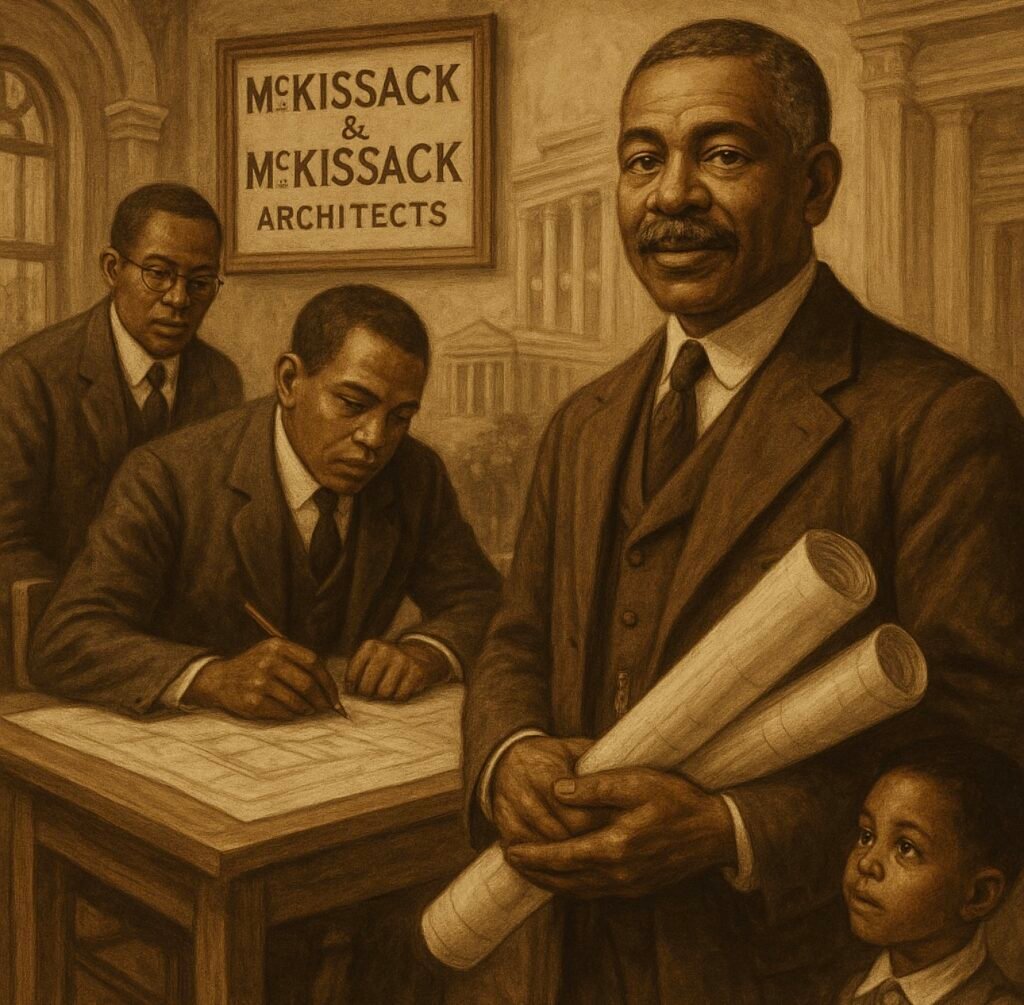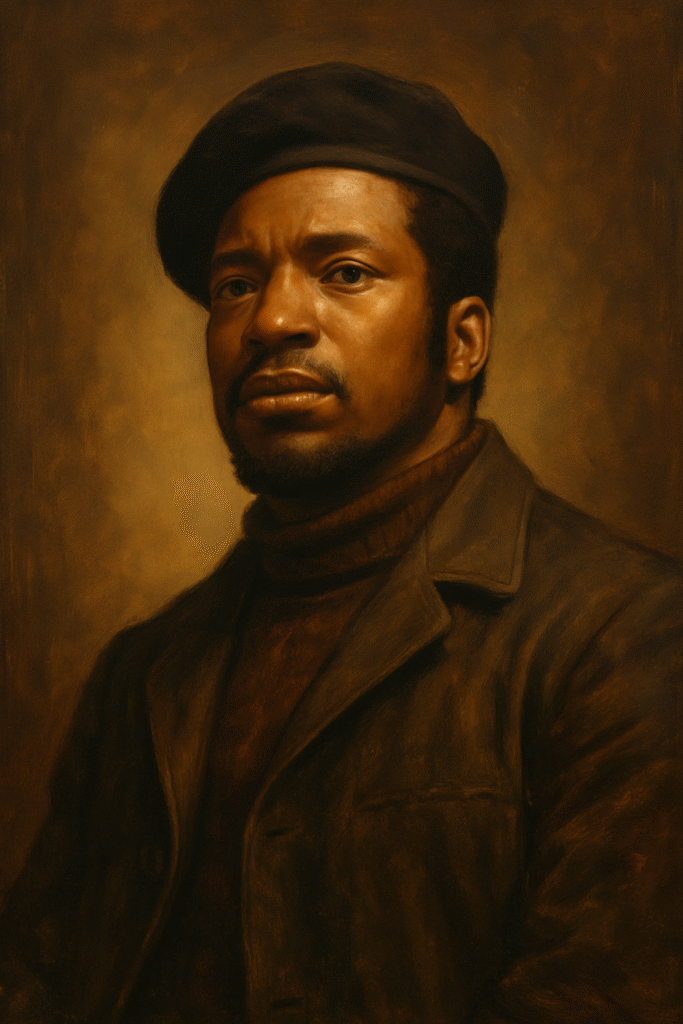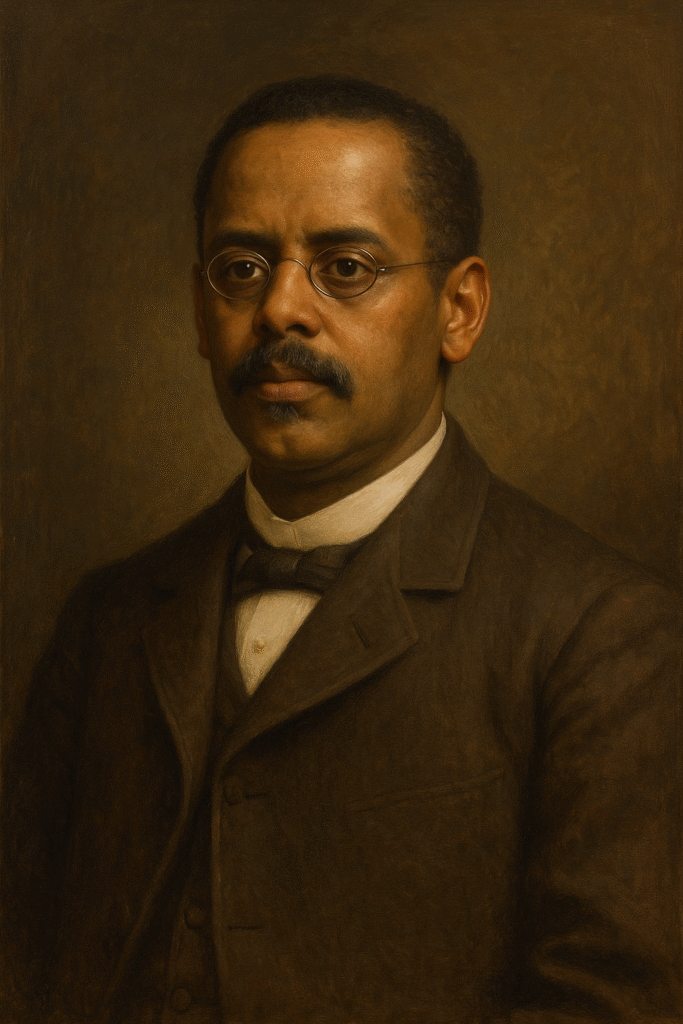A Kingdom Built on Gold
The Ghana Empire, which flourished between the 6th and 13th centuries, derived its immense wealth predominantly from the lucrative gold and salt trade. Geographically situated in what is now southeastern Mauritania and western Mali, the empire was ideally placed near rich gold deposits, particularly in regions such as Bambuk and Wangara. These areas were critical for gold extraction, serving as the primary sources that fueled the economy of the kingdom. The abundance of these resources attracted traders from afar, establishing Ghana as a key player in regional and trans-Saharan trade networks.
At the height of its prosperity, the Ghana Empire acted as a vital intermediary between the gold miners of West Africa and the merchants of North Africa and the Middle East. The complex trade routes facilitated not only the exchange of gold but also allowed for the trade of salt, which was an equally valuable commodity during this period. Salt, essential for preservation and consumption, complemented the empire’s wealth in gold. Consequently, the Ghanaian rulers capitalized on this strategic position by imposing taxes on goods that passed through their territory, further contributing to the state’s financial strength. The tax system implemented by the empire ensured a steady flow of revenue, which was reinvested into the military and administrative structures, thereby fortifying the kingdom’s influence.
It is noteworthy that the fascination of Arab traders with the Ghana Empire led to various misconceptions about gold in the region, with some believing that gold literally grew from the ground. Such narratives, though exaggerated, underscore the empire’s significant role in shaping cultural perceptions of wealth. The tales told by traders played a part in further mythologizing the empire’s riches and solidifying its place in historical discourse. This intricate connection between geography, trade, and cultural narratives illustrates how the Ghana Empire thrived as a dominant economic power in West African history.
The Riches of the Ghanaian Kings
The Ghana Empire, recognized for its extraordinary wealth, was ruled by kings whose opulence was a testament to their immense power and influence. As described by Arab geographer Al-Bakri, the royal court was a spectacle of grandeur that captivated visitors and chroniclers alike. The Ghanaian kings exemplified affluence not only through their possessions but also in their ceremonial displays, which were integral to maintaining their status and the reverence of their subjects.
The attire of the king was nothing short of extravagant, often adorned with golden ornaments and luxurious fabrics. It is said that the king’s robe, richly woven and embellished with gold, became a symbol of authority. His golden throne, which was delicately crafted and set apart from the rest, served as a powerful emblem of his royal status and the empire’s wealth. Such displays were essential in reinforcing the king’s divinely ordained authority, establishing an aura of superiority that permeated the courtly atmosphere.
The structure of power within the Ghanaian court complemented the king’s lavish lifestyle. A hierarchy of nobles, advisors, and military leaders surrounded the monarch, each playing a crucial role in the administration of the empire. This intricate system not only upheld the king’s position but also facilitated the management of the empire’s vast resources, including the gold that was so abundant in the region. The wealth generated under the king’s reign enabled the empire to establish and foster trade relations with distant lands, exchanging gold for goods such as ivory, salt, and textiles. This dynamic trade network significantly influenced global trade patterns of the time, solidifying the Ghana Empire’s status as a hub of economic prosperity.
The Empire’s Decline
The decline of the Ghana Empire, once a formidable force in West Africa, can be traced to a multitude of factors that emerged by the 11th century. One of the most significant external pressures came from the military incursions of the Almoravids, a Berber dynasty from North Africa. Their desire to control trade routes and expand influence led to sustained invasions that severely weakened the empire’s military and political stability. These invasions disrupted not only the security of the region but also the vital trade networks that had contributed to the empire’s prosperity.
Additionally, internal strife played a crucial role in the empire’s fragmentation. Discontent among the various ethnic groups within the empire became pronounced as centralized authority weakened. The leadership struggled to maintain cohesion, with factions competing for power and influence, leading to civil discord. This internal conflict hampered the empire’s ability to respond effectively to external threats and manage its vast territories.
Another critical aspect contributing to the decline of the Ghana Empire was socio-economic instability, especially concerning the depletion of gold reserves. The empire’s wealth was largely drawn from its abundant gold resources; however, as these began to dwindle, so did the empire’s economic foundations. The decline in gold production not only eroded the financial base of the kingdom but also diminished its appeal as a trading partner, resulting in reduced trade revenues. The combination of external invasions, internal discord, and economic crises set in motion a trajectory towards fragmentation, allowing for the rise of successor states such as the Mali Empire. This transition highlights the complex and interconnected dynamics that ultimately led to the fall of the once-mighty Ghana Empire, making way for the emergence of new powers in West Africa.
Legacy of Ghana’s Golden Age
The Ghana Empire, often referred to as the “Land of Gold,” played a pivotal role in shaping the historical landscape of West Africa. Its reign, which occurred between the 6th and 13th centuries, established extensive trade networks that thrived on the exchange of gold, salt, and other commodities. This vibrant trade deeply influenced the culture and governance of successive empires in the region, such as the Mali and Songhai Empires, which drew upon the administrative frameworks and economic practices initiated by Ghana. The legacy of the Ghana Empire persists not only in historical accounts but also in the contemporary identity of West Africa.
The significance of the Ghana Empire extends beyond mere economic prosperity; it symbolizes Africa’s rich cultural heritage that predates European colonization. The empire’s sophisticated governance systems and social structures facilitated a degree of stability and prosperity that allowed for significant cultural exchanges and the spread of Islam along trade routes. As a result, Ghana became a melting pot of ideas and customs, laying a foundation for a diverse cultural identity that continues to thrive in modern West African society.
In modern-day Ghana, the nation embraces its historical roots, actively drawing connections to the empire that once flourished within its borders. The country’s name itself serves as a reminder of this golden past, evoking a sense of pride among its citizens. Efforts to preserve and promote this history are evident in cultural festivals and educational initiatives, which highlight the importance of understanding the region’s intricate past. By studying empires such as Ghana, we gain valuable insights into Africa’s historical narrative, showcasing the contributions of the region to world history and emphasizing the need to recognize its vast cultural and economic achievements.











5 Responses
Good V I should certainly pronounce, impressed with your website. I had no trouble navigating through all the tabs as well as related information ended up being truly simple to do to access. I recently found what I hoped for before you know it at all. Reasonably unusual. Is likely to appreciate it for those who add forums or anything, web site theme . a tones way for your customer to communicate. Nice task..
Unquestionably imagine that that you said. Your favorite justification seemed to be at the internet the simplest factor to keep in mind of. I say to you, I certainly get annoyed even as other folks consider concerns that they just do not recognize about. You controlled to hit the nail upon the top and also defined out the entire thing with no need side effect , other people could take a signal. Will likely be back to get more. Thanks
Do you mind if I quote a few of your posts as long as I provide credit and sources back to your website? My website is in the very same niche as yours and my visitors would certainly benefit from some of the information you provide here. Please let me know if this ok with you. Many thanks!
absolutely!! Thank you for visiting.
Enjoyed looking at this, very good stuff, thanks. “While thou livest keep a good tongue in thy head.” by William Shakespeare.